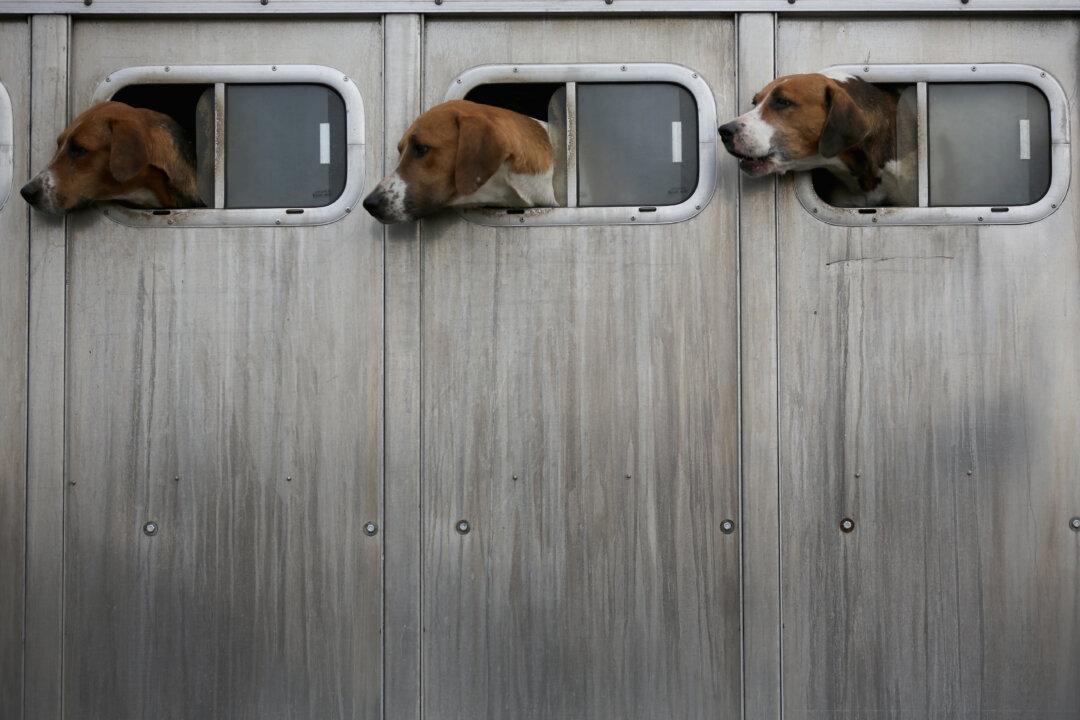A senior DUP MP has called on the government to oppose EU requirements, as concerns grow that an estimated 51 percent of veterinary medicines may be discontinued in Northern Ireland, from the end of 2025.
As a result of the Northern Ireland Protocol, the British Veterinary Association (BVA) has warned that various vital medicines, including several animal vaccines, are likely to be discontinued if no agreement is reached between the UK government and the European Union by 2025.





